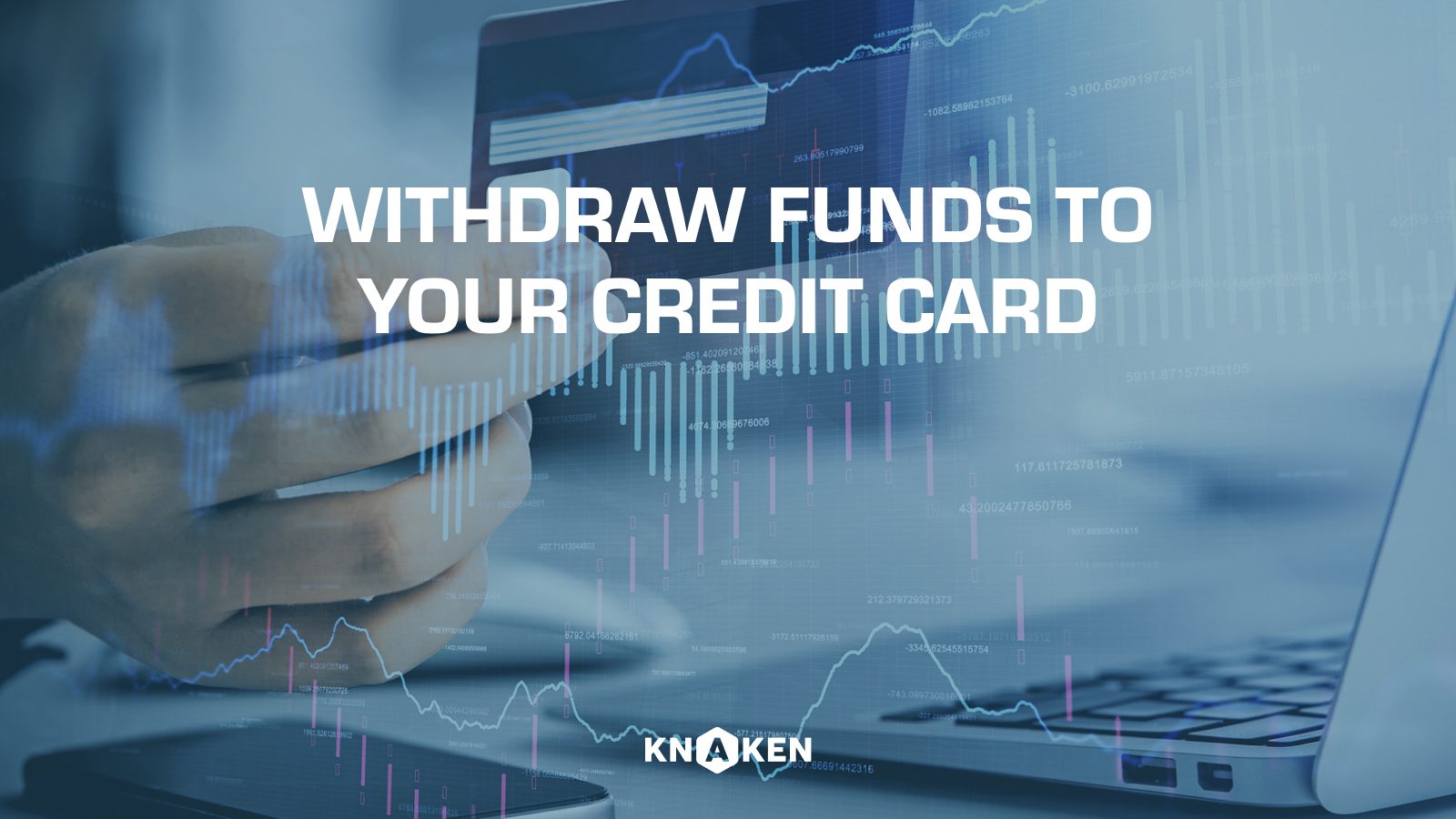The mempool, short for memory pool, is a crucial concept in the world of cryptocurrencies. It acts as a waiting area for transactions that are yet to be confirmed by the blockchain. When cryptocurrency users initiate a transaction, it is first sent to the mempool before entering the blockchain for processing. Understanding how the mempool operates is vital for anyone looking to grasp the mechanics of cryptocurrency transactions and the overall functionality of blockchain networks.
When a user initiates a transaction:
The mempool is essentially a holding area for valid transactions that have not yet been included in a block. This allows miners to select which transactions to process based on various factors, including transaction fees and urgency.
Transaction fees play a significant role in the mempool’s operation. Higher fees generally incentivize miners to prioritize those transactions. Factors affecting transaction fees include:
As users adjust their fees based on these factors, the mempool can exhibit varying levels of congestion, impacting transaction confirmation times.
The mempool is often at the center of scalability discussions within blockchain technology. High transaction volumes can lead to:
Solutions aimed at improving scalability may directly impact how mempools function, such as the implementation of second-layer solutions like the Lightning Network or on-chain improvements like the Bitcoin Segregated Witness (SegWit).
Mempool data is often analyzed by traders and developers to:
Various platforms provide mempool statistics, offering insights into the number of transactions waiting to be confirmed, average fees, and overall network load.
In summary, the mempool is an essential component of how cryptocurrencies function. Understanding its dynamics can help users make informed decisions regarding transaction timing and fees, while also providing valuable insights into network conditions. As the cryptocurrency landscape continues to evolve, advancements in mempool management and scalability solutions will play a significant role in shaping the future of digital transactions.



Knaken Cryptohandel B.V. has applied for a MiCA license from the Netherlands Authority for the Financial Markets (AFM). This application is currently being assessed by the AFM.
Investing in crypto-related products involves significant risks.















